Chefs know Manuka honey is a kitchen essential, not only for its delicious taste, but as natural first aid for the cuts and burns that frequently happen while cooking.
Manuka Honey in more recent times, has faced a resurgence for use for skin concerns such as scrapes, blisters and burns, acne and cold sores. The use of Manuka honey on skin and in wound care declined with the progression of antibiotics however as the world began to become more aware of the overuse of antibiotics and the accompanying antibiotic-resistant bacteria, Manuka honey for skin has risen in popularity. Many skincare brands harness Manuka Honey's skin benefits including Wild Ferns and Avoca however you can apply it directly to the skin from the jar - from hive to skin!
Benefits of Manuka Honey (as apposed to regular honey) for skin is due to its natural antibacterial properties (even against antibiotic-resistant bacteria!). It is only found in New Zealand so be sure to check the label before purchasing and only purchase from trusted retailers. Aotea has been trading for over 40 years and prides itself on offering a wide range of pure, authentic Manuka Honey from right here in New Zealand. You can view our competitive collection here.
What are the benefits of Manuka Honey for skin?
Manuka honey can aid in wound healing.
This can be useful in cases of skin injury such as through cuts, scrapes and burns and also other skin concerns like acne and cold sores.
Applying a small amount to your wound or spot may help it heal quicker with less scarring.
Manuka honey can also help prevent a wound getting infected. Natural methylglyoxal properties in the honey are antiviral and antibacterial even against some antibiotic-resistant bacteria such as MRSA (Methylicillin-Resistant Staphylococcus aureus.
Manuka honey is graded in regard to it antimicrobial activity - to learn more about this click here!
Manuka Honey for acne: As acne is caused and exacerbated by bacteria these properties can be especially useful in treating acne and maintaining a healthy bacterial balance on the skin. Although some people believe a sugary diet causes breakouts, applying honey to the skin does not (it may just feel a bit sticky!).
Living in New Zealand, we have our own stories and experiences with Manuka honey and their respective tree:
One of our own members of our Aotea team had a fall which led to part of a Manuka honey tree being lodged in her leg - weeks later the doctors were astounded it did not get infected and suggested it was the specific tree that they could thank for it!
Other physical properties of Manuka honey also aid in wound repair. Its thick, viscous consistency forms a barrier between the open wound and the environment while keeping the wound hydrated. The low water activity inhibits bacterial growth, causes flushing of bacteria, debris, slough and necrotic tissue allowing nutrients and oxygen to be carried deep into the wound itself - aiding repair. Its low pH increases the tissue oxygenation and intrinsic antioxidants scavenge free radicals to prevent further tissue damage. The high sugar content of Manuka honey directly provides energy for cellular components so to aid cell proliferation and repair.
As a summary the skin benefits of Manuka honey are:
- Antibiotic properties (even against some antibiotic-resistant bacteria) - this may help to prevent infection
- May aid in wound healing including burns
- Keeps the wound hydrated
- May reduce scarring
- May help treat acne and acne scarring
- May help recovery of cold sores

How To Use Manuka Honey For Skin?
Applying Manuka honey topically (directly on the skin of body and face) is the best way to get the benefits of Manuka honey for the skin.
To use Manuka honey for acne simply use a clean applicator (like a cotton swab) to dab a small amount on to the spot before you sleep.
You may also use it as a mask either by itself, by applying a thin layer to your face and neck, relax for 30 minutes and wash off with warm water - or try combining Manuka honey with a combination of fine, castor sugar, turmeric powder, plain yoghurt (to create a probiotic Manuka honey mask!).
If you do not like the feeling of honey on your face an alternative is quality skincare that uses Manuka Honey.
Browse our full Manuka Honey skincare collection here!
There is something for everyone, our most popular Manuka honey skincare products are:
BeeBio Manuka Honey & Bee Venom Sheet Mask
"You Should See Me Naturally"
This hydrating and firming sheet mask nourishes the skin with Active 16+ Manuka honey while stimulating it with bee venom.
Wild Fern's Manuka Honey Lip Care With SPF15
Protect your lips with the multi-defensive lip balm - lips will be smiling as they are protected against harmful UV rays and bacteria all while staying hydrated!
Keeping high-grade Manuka honey on hand may come in handy not only for your kitchen but for your first aid kit!
We hope you enjoyed this blog post on the skin benefits of Manuka Honey and please reach out to us if you need any further assistance on what sort of honey is best for you!
If you're ever unsure, please patch test by applying a small amount to the inside of your wrist.
For serious cuts, burns and other skin injuries please consult your local GP.
The Aotea Team




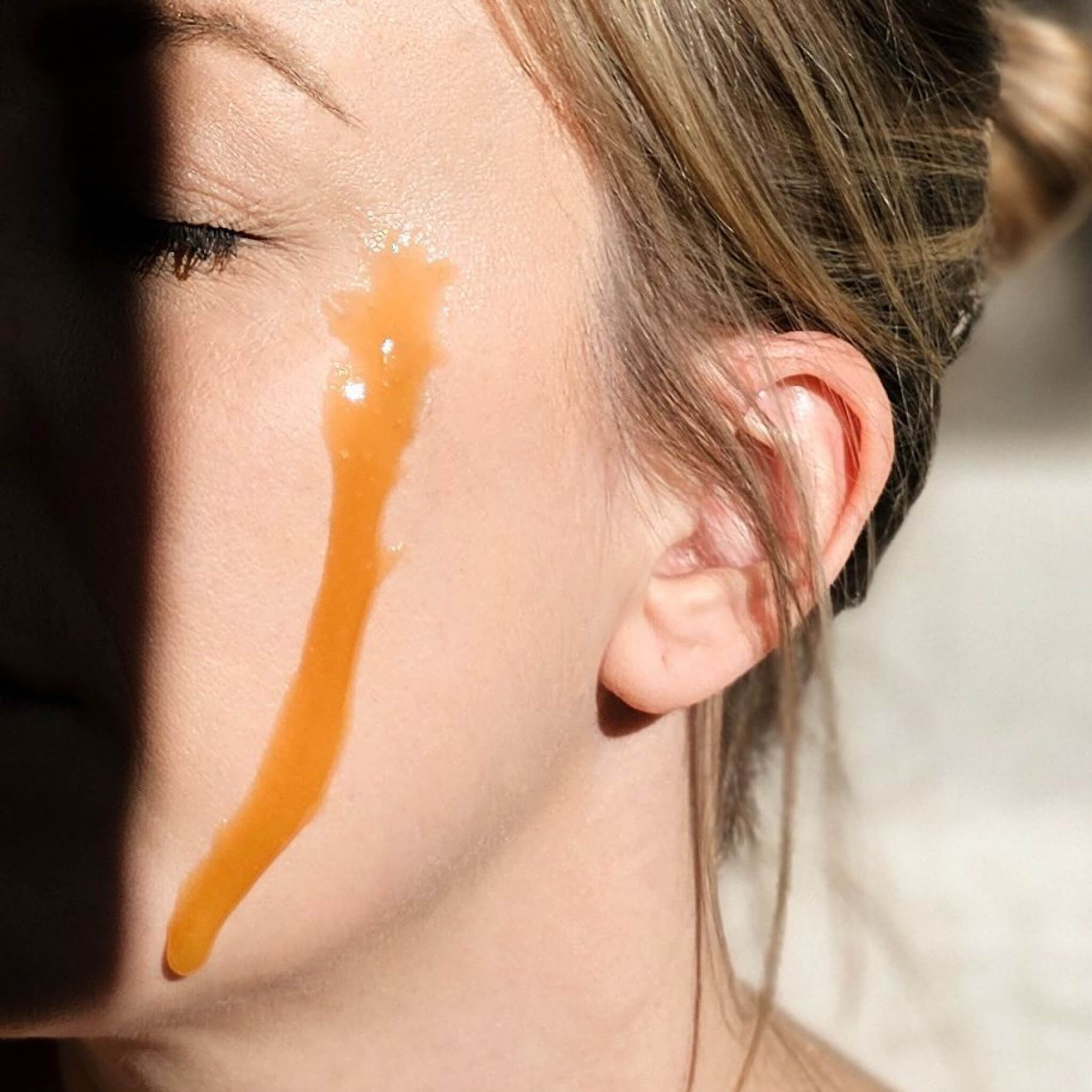
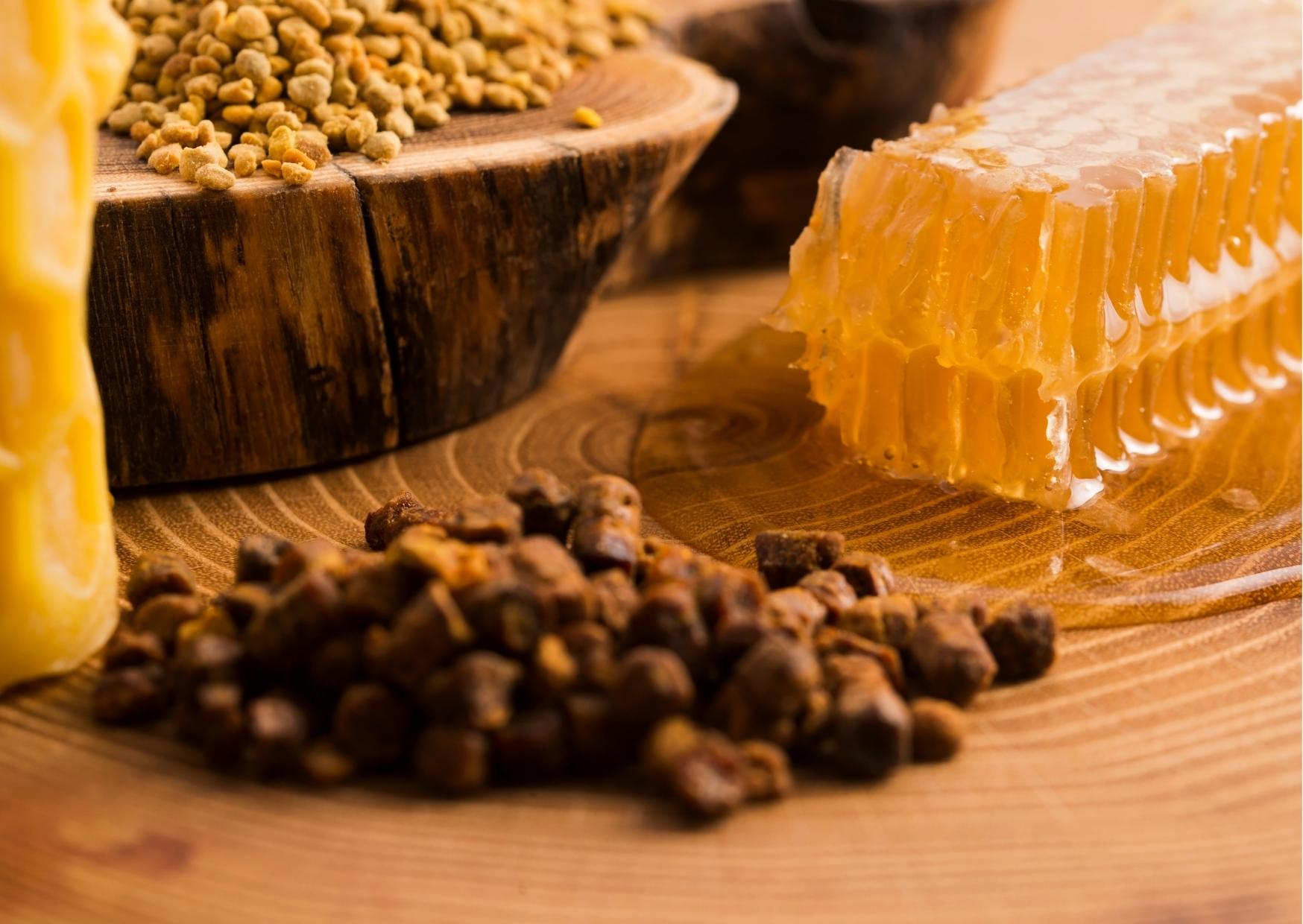
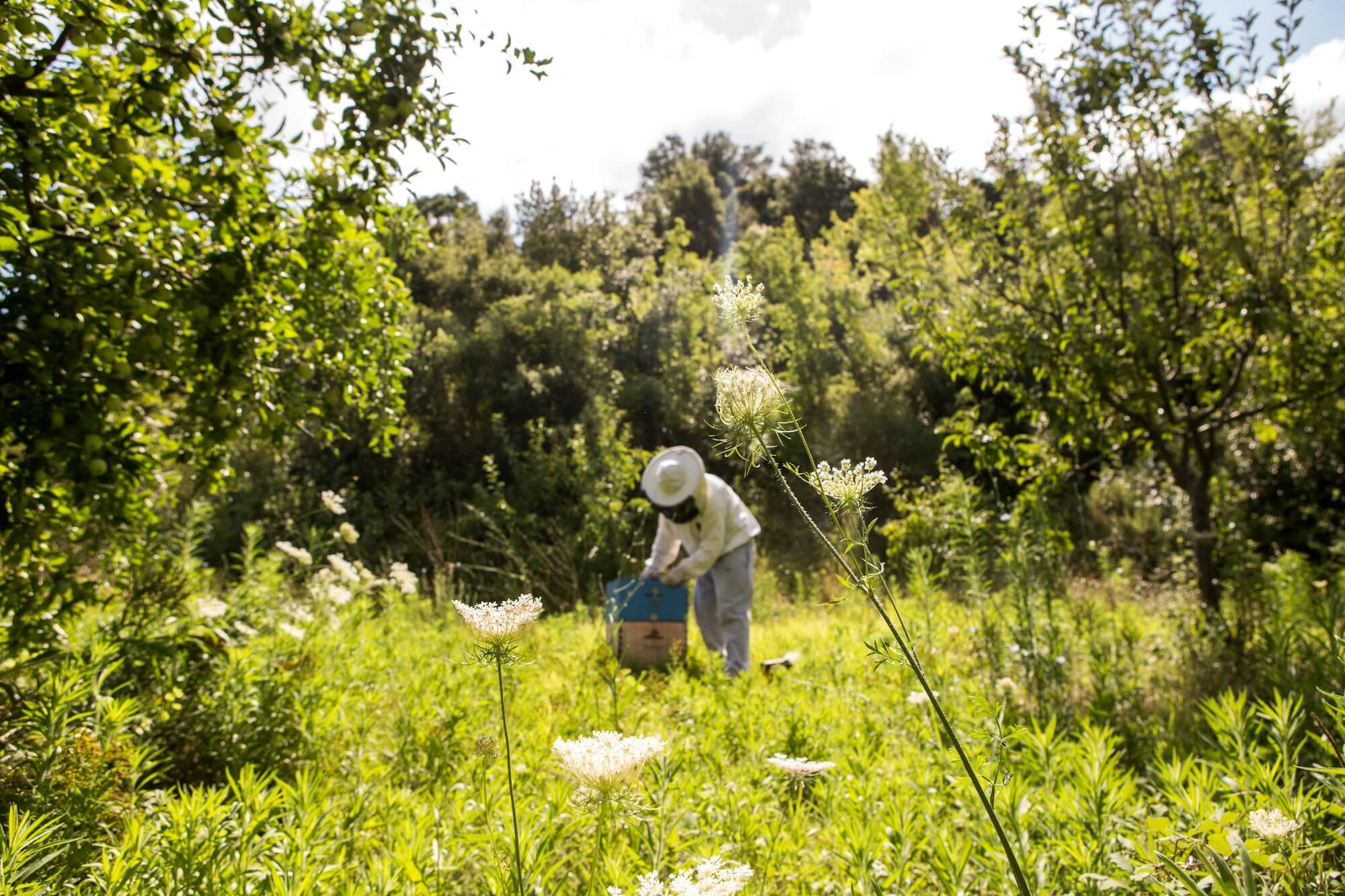


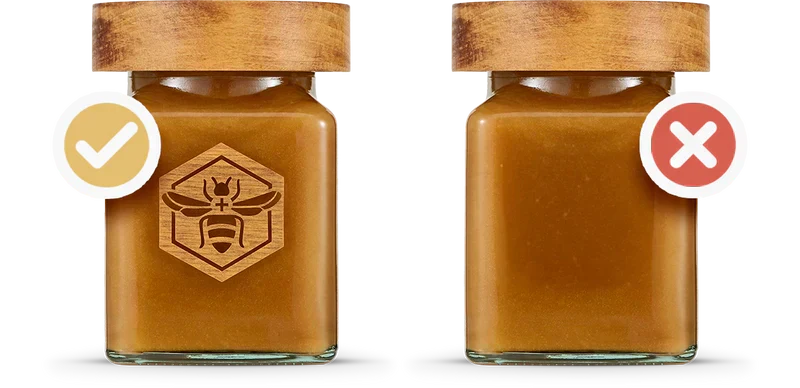
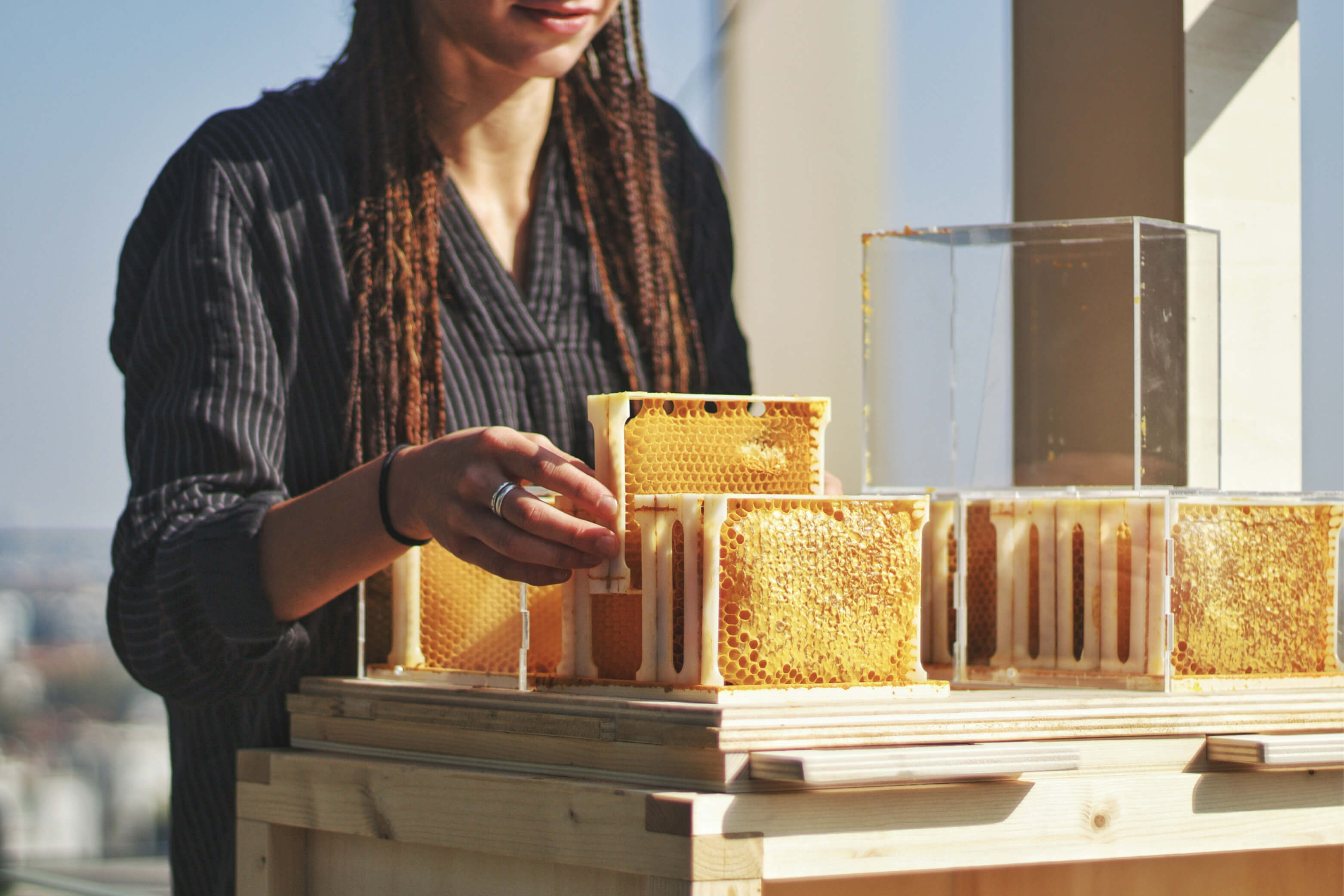
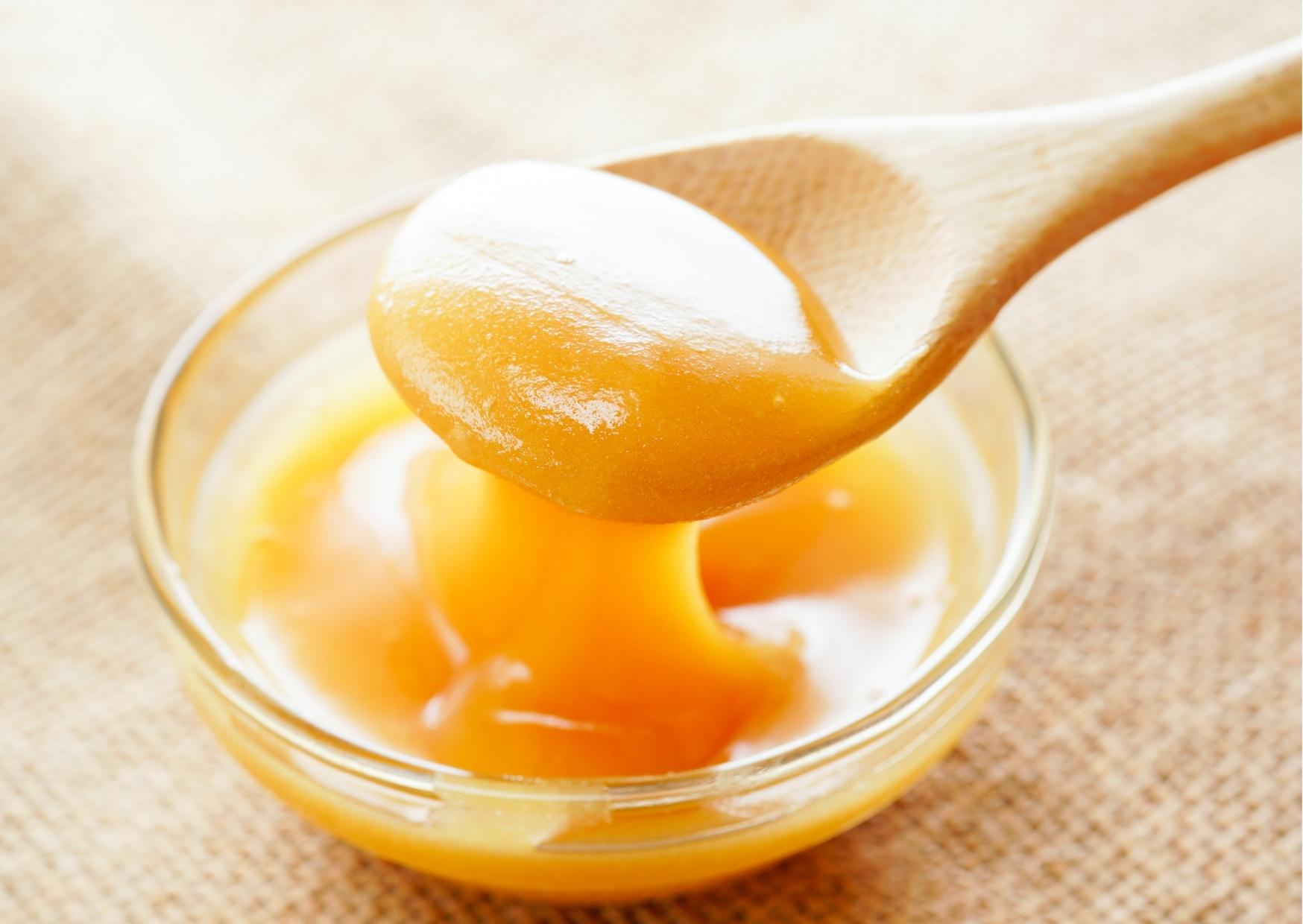

What You Must Know About Propolis: The Immunity Booster You’re Probably Missing
Where Did Tekapo’s Lupins Go? The Surprising Truth Behind Their Disappearance